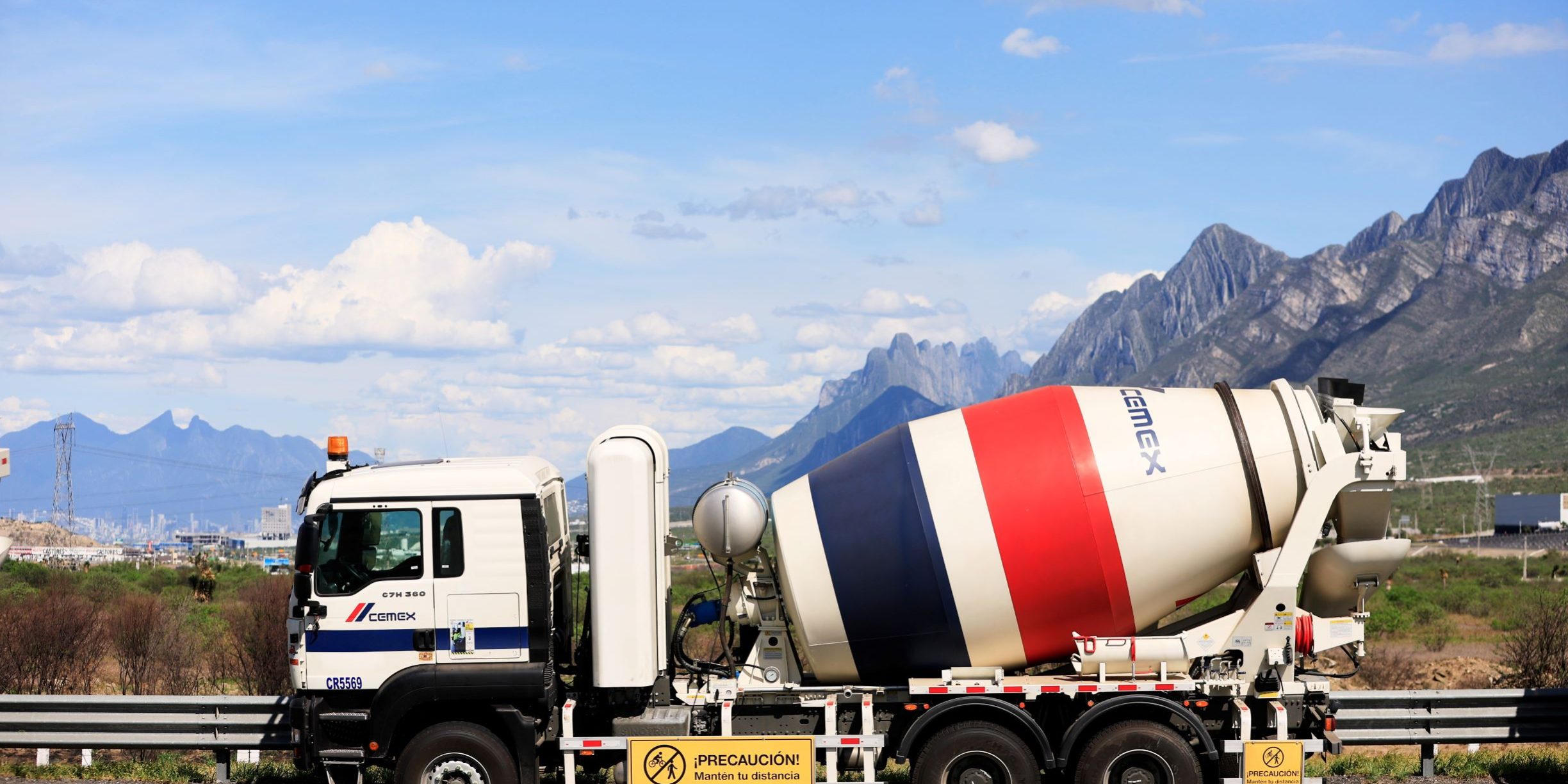Cemex announced that it now has over 1,000 heavy-duty trucks powered with lower-carbon fuels, including biomethane, as part of a comprehensive transition strategy seeking to decarbonize its global fleet. This initiative is part of the company’s flagship Future in Action program to become a net-zero CO₂ company by 2050.
Cemex has made significant investments over the last two years in heavy-duty trucks powered by renewable natural gas and diesel. These efforts have resulted in a reduction of approximately 5% in CO₂ emissions from its owned fleet. This aligns with Cemex’s commitment to reduce third-party transport emissions by 30% by 2030, compared to the 2020 baseline.
“Our net-zero transition is supported by proven and readily available lower-carbon technologies that guarantee that we meet our short and medium-term decarbonization commitments,” said Fernando A. González, CEO of Cemex. “At the same time, we remain at the forefront of innovation and emerging transportation technologies so we can achieve our ultimate goal of becoming a net-zero CO₂ company by 2050.”
Cemex is implementing a multi-pronged approach to reduce transport CO₂ emissions, combining immediate action to accelerate the use of readily available lower carbon fuels while actively collaborating with partners to discover, pilot, learn, and scale the long-term solutions needed to achieve net-zero, including hybrid and zero-emission vehicles.
Renewable diesel and natural gas have a carbon footprint that is approximately 70% and 25% lower than regular diesel, respectively. These are critical transitional technologies that will enable a reduction in carbon emissions in the short term as heavy-duty electric vehicles become viable at an industrial scale.
Source: Cemex







